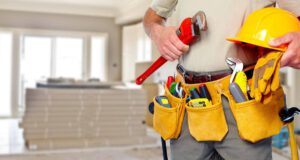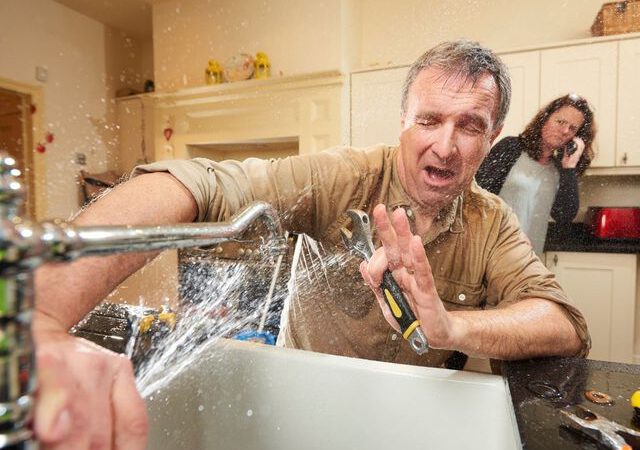How Plumbers Can Improve Your Home’s Plumbing System
Plumbers are professionals who specialize in installing drainage systems, potable water systems, and sewage systems. They also handle plumbing emergencies. Plumbing is an essential part of owning a home, but it can also be an expensive endeavor. Fortunately, there are several different types of plumbers. Find out how they can help you improve your home’s plumbing system.
 Plumbing is a complicated field, involving pipes and fixtures in a building. Its main role is to distribute potable water and remove waterborne waste. Generally, plumbers work with the water and sewage systems that serve a city or group of buildings. But the plumbing field also includes a range of related work. For example, they can install a sink or toilet in a home or business. Plumbing professionals also do work related to drainage and sewage, which involves laying stormwater pipes.
Plumbing is a complicated field, involving pipes and fixtures in a building. Its main role is to distribute potable water and remove waterborne waste. Generally, plumbers work with the water and sewage systems that serve a city or group of buildings. But the plumbing field also includes a range of related work. For example, they can install a sink or toilet in a home or business. Plumbing professionals also do work related to drainage and sewage, which involves laying stormwater pipes.
Plumbers install water and gas pipes, as well as sanitation systems and health systems. They may also supervise other construction workers. A plumber’s salary will depend on experience, but it is generally higher than other construction trade workers. Many plumbers are unionized, which makes it possible for them to negotiate wages and benefits. Depending on where they work and how much experience they have, plumbers can earn as much as $68,000 a year.
To become a plumber, applicants must be at least eighteen years old, hold a high school diploma or a GED, and be authorized to work in the country. Some plumbing schools offer financial assistance to qualified applicants. Applicants with a criminal record may not be accepted into the program, but their applications are reviewed on a case-by-case basis. Women currently make up just 1.1 percent of plumbers.
Plumbers need to be physically fit and have good motor skills. They are required to work in dark places and often use small tools. They also need to have good vision. Because they are working with water and sewage systems, they may be exposed to infection-causing microbes. They must also have excellent problem-solving skills. A plumber must be able to pinpoint the root cause of a problem and come up with detailed plans to rectify it.
Plumbing careers require an understanding of the different types of plumbing work and the specific tools and equipment required to repair them. Aspiring plumbers must have basic math and science skills. They must be able to solve complex problems quickly and accurately. In addition, plumbers must be able to communicate effectively with customers and coworkers. They may also need to make inventories and prepare reports.
A plumber needs to have a solid understanding of building codes and regulations. Plumbing laws are complicated and often difficult to understand for laypeople. They must also be skilled at testing pipes for leaks and designing new pipe systems. They usually work alongside an architect or other professionals, and they provide valuable information about how fixtures are located.
A plumber may need to take an apprenticeship before entering the workforce. These apprenticeships can last up to one year. In addition, apprentices are expected to undergo extensive on-the-job training. As they gain experience, they may be able to specialize in an area such as air conditioning or sanitation. They can also become team leaders or estimators. With the right qualifications, they can even advance to the position of the senior manager.
Before hiring a plumber, it is important to ask around for referrals. Then, price shop if you can. Also, try to be as detailed as possible. After getting a list of plumbers you like, gather their contact information. Make sure to have a clear understanding of the plumbing fees charged by each plumber. This will help you make an informed decision. There is no need to hire an expensive plumber if you are not sure what you need.
A plumber can work in many different settings, from factories to homes. Some plumbers specialize in specific areas, such as sewage and potable water systems. They may also work with pipes that carry natural gas. In addition, they are responsible for installing various plumbing systems, including fixture installation and stormwater systems. They also need good mechanical skills. They must also be physically fit to work in tight spaces.
Plumbing is a skilled trade, and an apprenticeship program is the most common way to learn plumbing skills. Apprenticeship programs are usually sponsored by contractors, local unions, and companies. They last from four to five years and require classroom training and on-the-job training. Apprentices need to be 18 years of age and have a high school diploma or an equivalent. Apprenticeships also require that apprentices have decent math skills.



